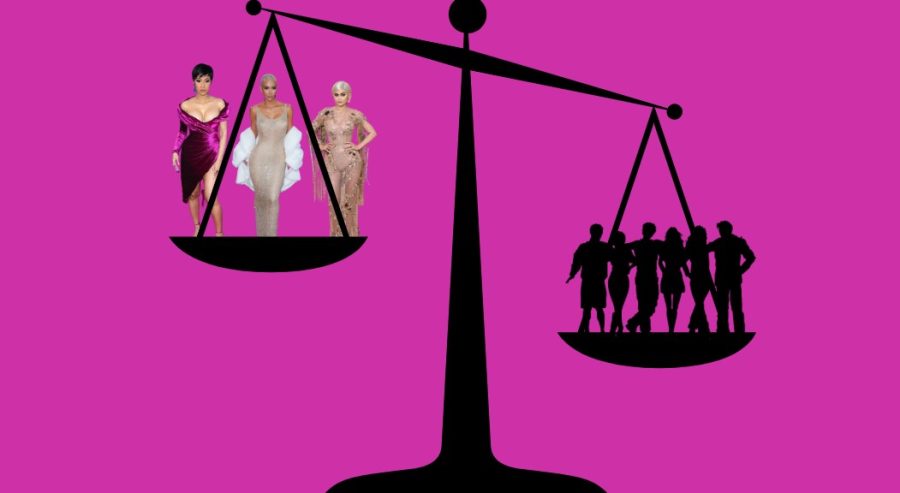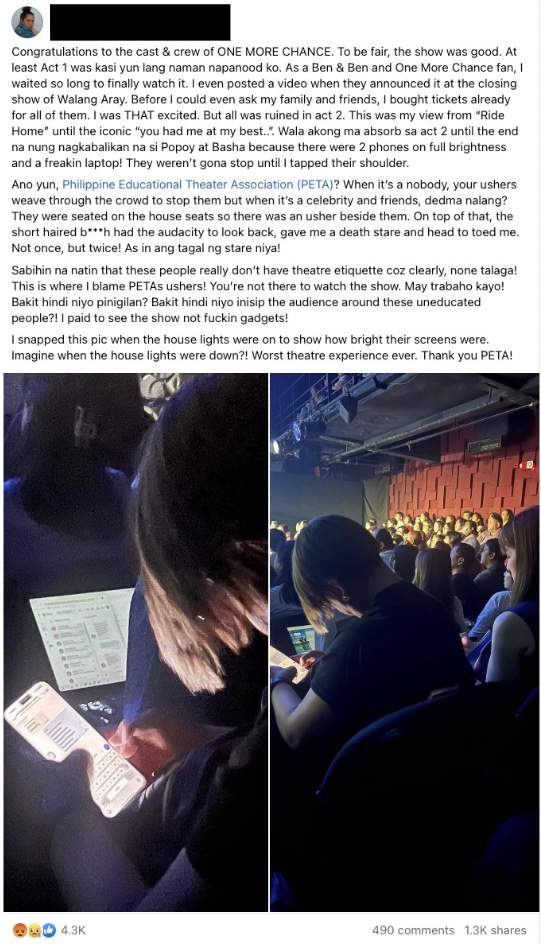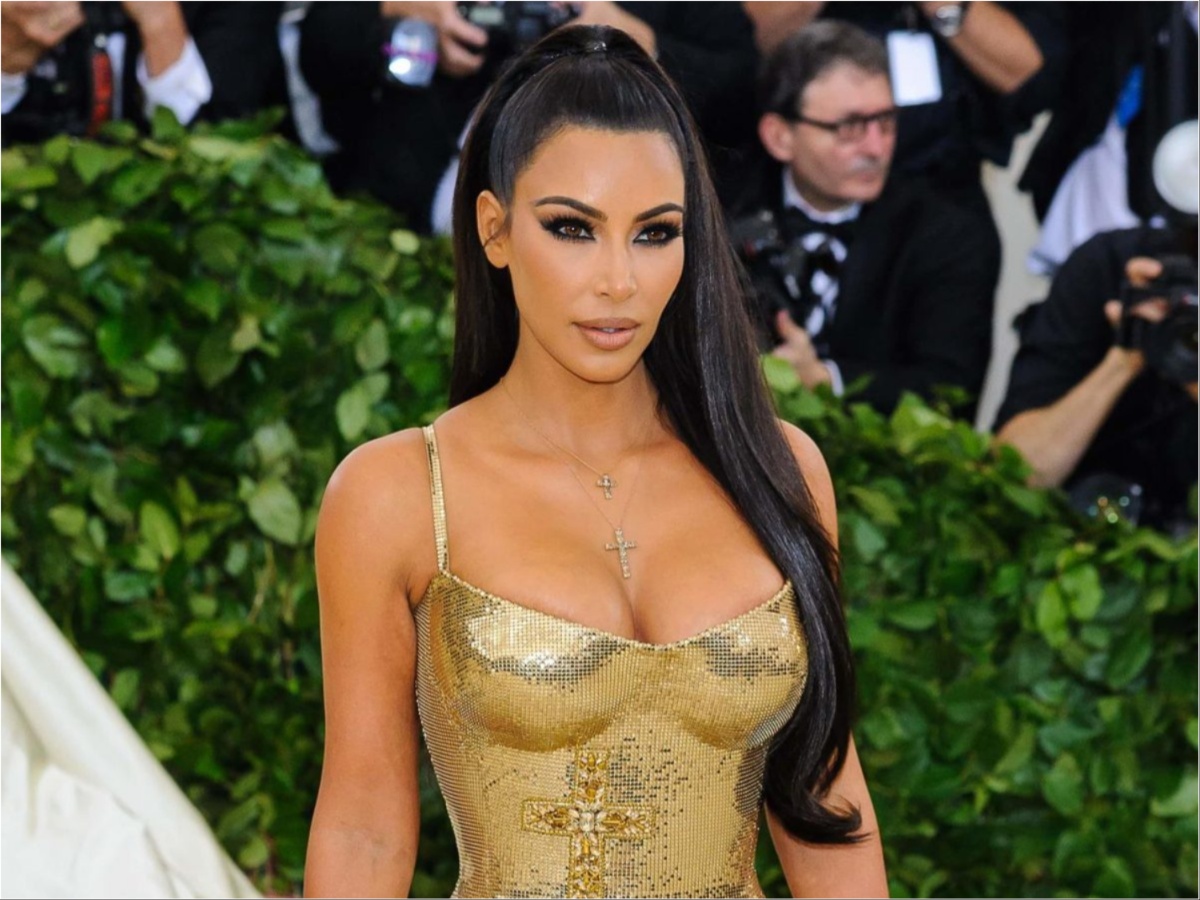The Illusion of Exception: Exploring the Question of Celebrity Privilege in the Legal System
Related Articles: The Illusion of Exception: Exploring the Question of Celebrity Privilege in the Legal System
Introduction
In this auspicious occasion, we are delighted to delve into the intriguing topic related to The Illusion of Exception: Exploring the Question of Celebrity Privilege in the Legal System. Let’s weave interesting information and offer fresh perspectives to the readers.
Table of Content
The Illusion of Exception: Exploring the Question of Celebrity Privilege in the Legal System

The notion that celebrities operate outside the bounds of the law, enjoying a special dispensation from its rules, is a pervasive one. This perception, often fueled by sensationalized media coverage and anecdotal evidence, raises a crucial question: do celebrities truly possess a privileged status within the legal system? This article aims to provide a comprehensive examination of this complex issue, delving into the nuances of celebrity status, the legal framework surrounding their actions, and the broader implications of this perceived disparity.
The Myth of Celebrity Immunity
The very idea that celebrities are "above the law" is a misconception rooted in a flawed understanding of the legal system. The foundation of any democratic society lies in the principle of equality before the law, meaning that every individual, regardless of their fame, wealth, or social standing, is subject to the same legal rules and consequences.
However, the perception of celebrity privilege stems from several factors. The media’s focus on the lives of celebrities, often emphasizing their glamorous lifestyles and seemingly effortless access to resources, can contribute to a perception of exemption from societal norms and legal accountability. Additionally, the high-profile nature of celebrity cases, coupled with the intense public scrutiny they attract, can create an illusion of preferential treatment.
The Reality: Legal Accountability for Celebrities
In reality, celebrities are subject to the same legal processes and penalties as any other citizen. Courts operate under the principle of due process, ensuring fair and impartial treatment for all parties involved. This means that celebrities are entitled to the same rights and protections as anyone else, including the right to legal representation, the presumption of innocence, and the right to a fair trial.
Furthermore, the legal system is designed to be blind to personal attributes like fame or wealth. Judges and juries are instructed to base their decisions solely on the evidence presented, not on the social standing of the individuals involved. While the media might amplify the impact of celebrity legal cases, the legal process itself is designed to remain objective.
Navigating the Complexities: Factors that Influence Public Perception
While the legal system operates on the principle of equality, certain factors can contribute to the perception of celebrity privilege. These include:
- Access to Resources: Celebrities often have access to substantial financial resources, enabling them to afford top-tier legal representation, expert witnesses, and extensive litigation strategies. This disparity in resources can create an uneven playing field, raising concerns about fairness.
- Media Scrutiny: The constant media attention surrounding celebrities can amplify their legal entanglements, creating a sense of disproportionate scrutiny and public pressure. This can influence public perception, even when legal processes remain fair and impartial.
- Public Image Management: Celebrities and their teams often prioritize image management, employing strategies to control narratives and mitigate negative publicity. This can lead to a perception of manipulation and influence over legal proceedings, even if their actions are ultimately subject to legal scrutiny.
- The "Celebrity Effect": The inherent power and influence associated with celebrity status can sometimes lead to a perception of preferential treatment. However, it is crucial to distinguish between the influence celebrities might wield in other spheres of life and their actual legal standing.
Consequences of the "Celebrity Above the Law" Perception
The perception of celebrity privilege can have significant consequences, both for the legal system and society at large:
- Erosion of Public Trust: A perception of unequal treatment erodes public trust in the legal system, undermining its legitimacy and authority.
- Reinforcement of Social Inequality: The belief that celebrities are above the law can perpetuate social inequalities, further marginalizing those who lack access to resources and influence.
- Diminished Accountability: The perception of celebrity privilege can weaken the principle of accountability, leading to a culture where powerful individuals are less likely to face consequences for their actions.
Addressing the Perception: Towards a More Equitable System
To address the perception of celebrity privilege and promote a more equitable legal system, several measures can be taken:
- Transparency and Accountability: Promoting transparency in legal proceedings, including access to court documents and information, can help dispel the illusion of secrecy and foster public trust.
- Media Literacy: Encouraging critical media literacy among the public can help individuals discern between sensationalized reporting and factual accounts, promoting a more nuanced understanding of legal issues.
- Equal Access to Justice: Ensuring equal access to legal representation and resources for all individuals, regardless of their financial means, is crucial for achieving true equality before the law.
- Public Education: Investing in public education initiatives that promote understanding of the legal system and its principles can foster a more informed and engaged citizenry, capable of recognizing and challenging any form of perceived privilege.
Conclusion: The Importance of Equal Justice for All
The perception of celebrity privilege in the legal system is a complex issue with far-reaching implications. While celebrities are subject to the same laws and processes as everyone else, the factors discussed above can contribute to a distorted view of their legal standing. It is crucial to recognize that the legal system is designed to be blind to social status and ensure equal justice for all. By promoting transparency, equal access to justice, and a greater understanding of the legal framework, we can work towards dismantling the illusion of celebrity privilege and fostering a society where the law truly applies to everyone equally.
FAQs
Q: Are celebrities ever given preferential treatment in the legal system?
A: While there are no specific laws granting celebrities preferential treatment, the perception of privilege can arise from factors like access to resources, media scrutiny, and image management. However, the legal system itself is designed to be impartial, and judges and juries are instructed to base their decisions solely on the evidence presented.
Q: Can celebrities use their wealth and influence to escape legal consequences?
A: Celebrities can certainly afford top-tier legal representation, but this does not guarantee immunity from legal consequences. The legal system operates on the principle of due process, ensuring fair and impartial treatment for all parties. While wealth and influence might affect the strategies employed by a celebrity’s legal team, they do not guarantee an outcome favorable to the celebrity.
Q: How can we ensure that celebrities are held accountable for their actions?
A: Ensuring accountability for celebrities, as for any individual, involves promoting transparency in legal proceedings, encouraging critical media literacy, and upholding the principle of equal access to justice. By fostering a culture of transparency and accountability, we can ensure that the law applies equally to all, regardless of their fame or wealth.
Tips
- Be critical of media coverage: Recognize that media narratives can be influenced by sensationalism and the pursuit of profit. Seek out diverse and credible sources of information to form a balanced understanding of legal issues.
- Advocate for equal access to justice: Support organizations and initiatives that work to provide legal assistance and resources to those who lack the means to afford representation.
- Engage in informed discussions: Participate in discussions about legal issues, challenging assumptions and promoting a deeper understanding of the principles of justice and equality.
Conclusion:
The perception of celebrity privilege in the legal system is a complex issue that requires careful consideration and a nuanced approach. While the legal system itself operates on the principle of equality, factors like access to resources, media scrutiny, and image management can contribute to a distorted view of celebrity accountability. By promoting transparency, equal access to justice, and a greater understanding of the legal framework, we can work towards a more equitable system where the law applies equally to all, regardless of their fame or wealth.







Closure
Thus, we hope this article has provided valuable insights into The Illusion of Exception: Exploring the Question of Celebrity Privilege in the Legal System. We appreciate your attention to our article. See you in our next article!